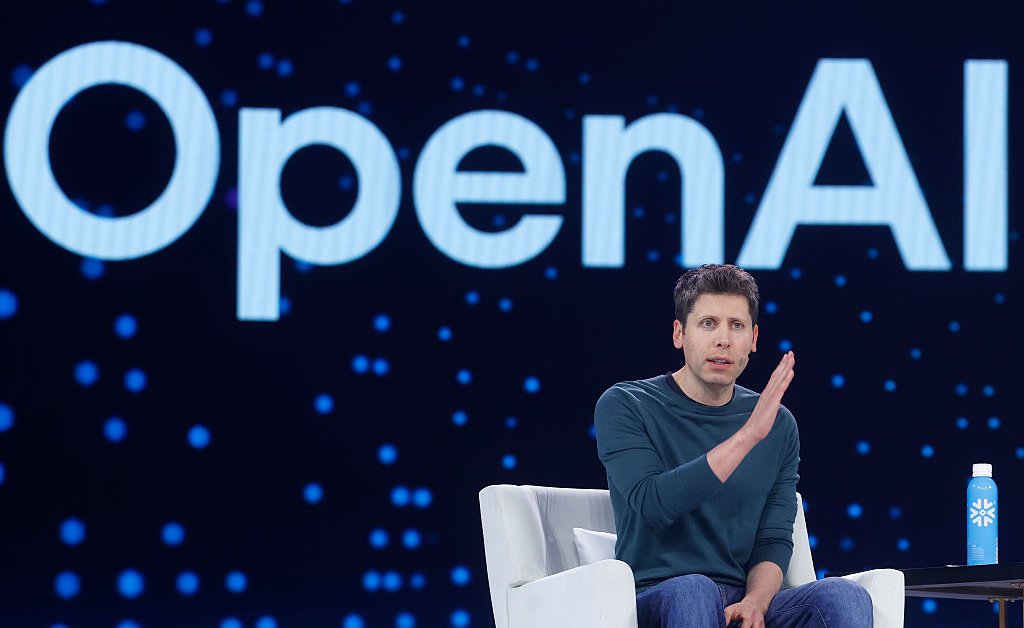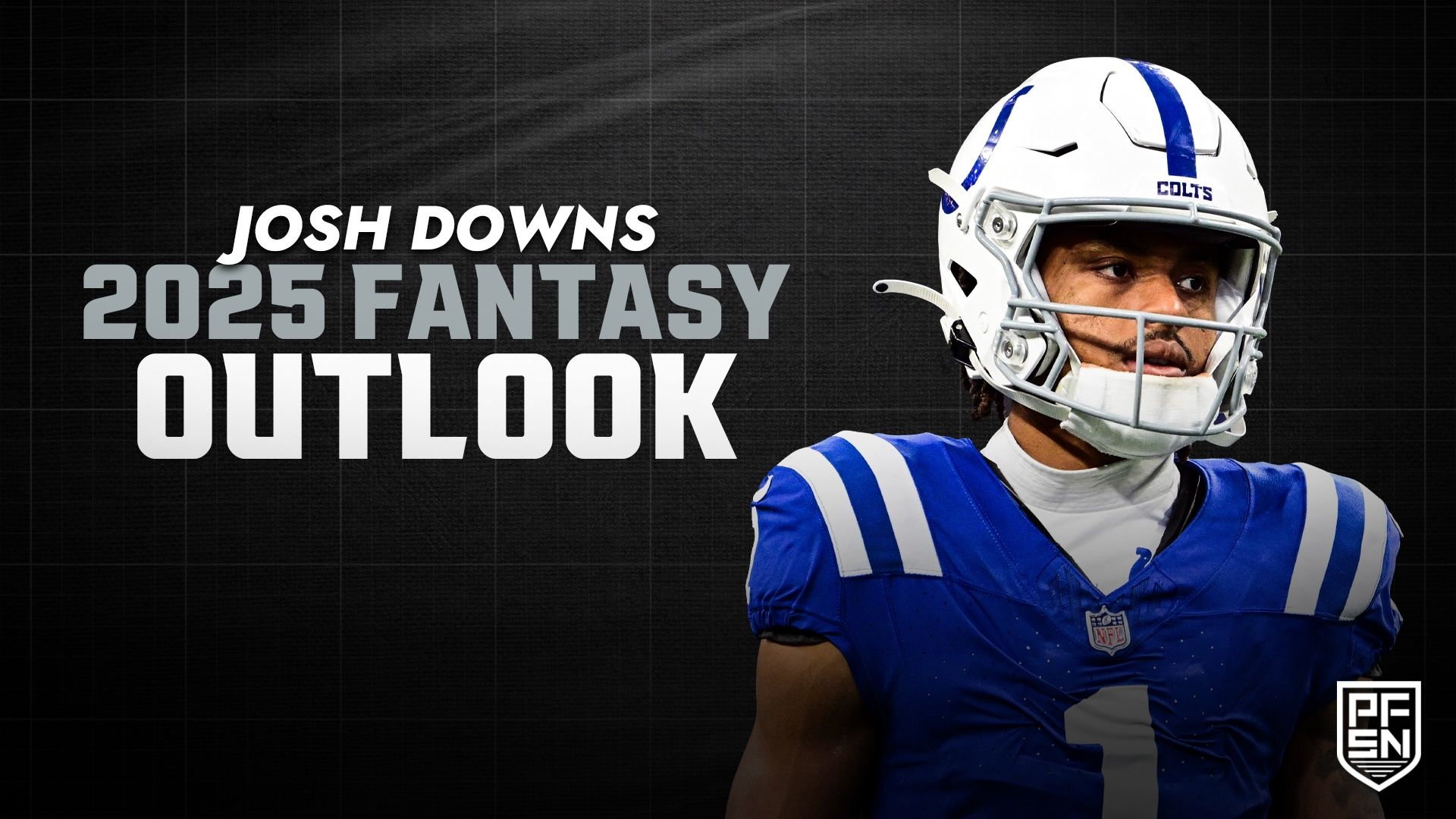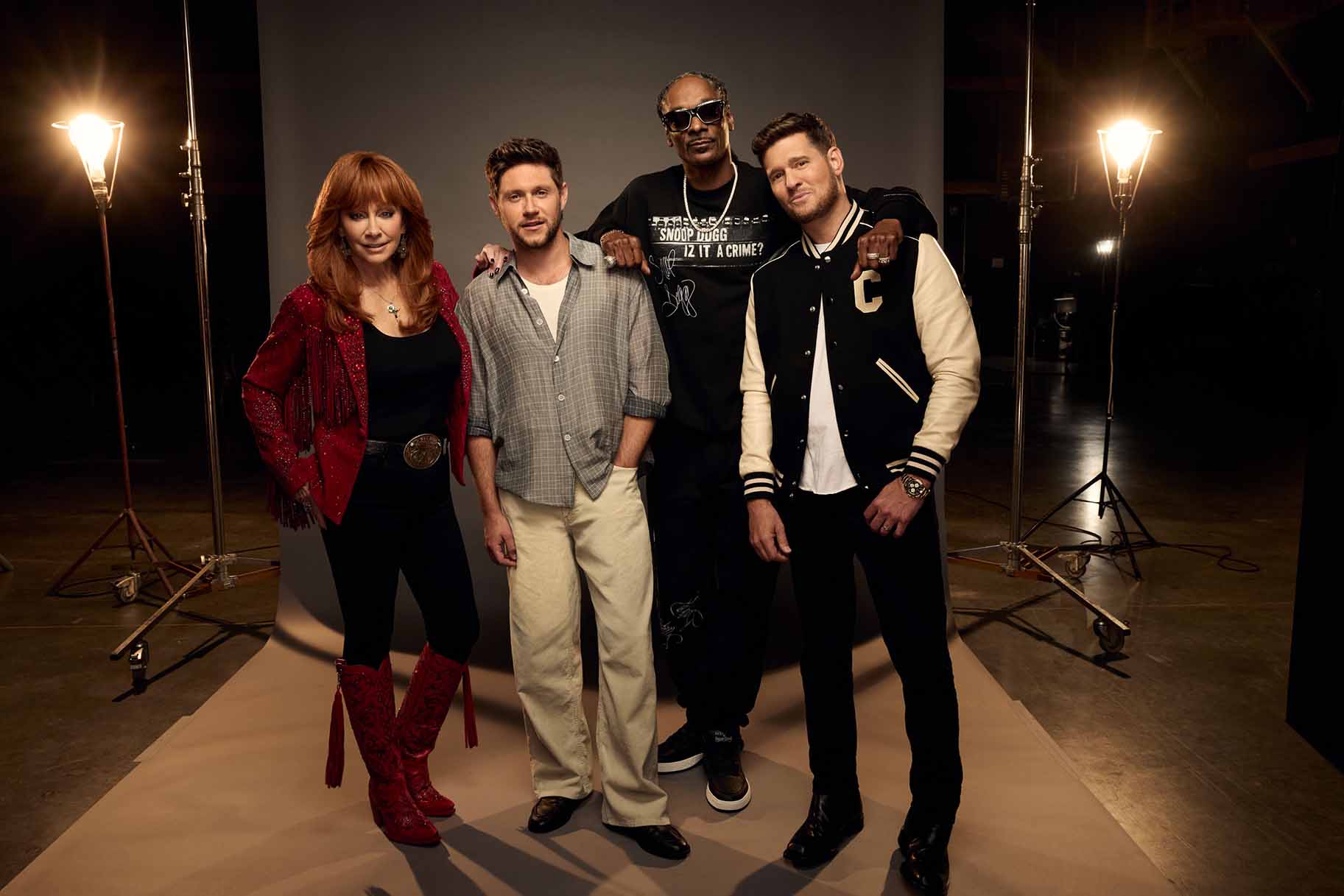"Dead Internet" Theory: Why This Conspiracy Is Gaining Traction

Welcome to your ultimate source for breaking news, trending updates, and in-depth stories from around the world. Whether it's politics, technology, entertainment, sports, or lifestyle, we bring you real-time updates that keep you informed and ahead of the curve.
Our team works tirelessly to ensure you never miss a moment. From the latest developments in global events to the most talked-about topics on social media, our news platform is designed to deliver accurate and timely information, all in one place.
Stay in the know and join thousands of readers who trust us for reliable, up-to-date content. Explore our expertly curated articles and dive deeper into the stories that matter to you. Visit Best Website now and be part of the conversation. Don't miss out on the headlines that shape our world!
Table of Contents
Dead Internet Theory: Why This Conspiracy is Gaining Traction
The internet, that boundless digital ocean connecting billions, is facing a bizarre conspiracy theory: the "Dead Internet" theory. This isn't your typical government-cover-up narrative; it posits a far more unsettling scenario – that the vibrant online world we know is slowly, subtly dying, replaced by a sophisticated, controlled simulation. But why is this seemingly outlandish idea gaining traction? Let's dive into the reasons behind this growing online phenomenon.
The Seeds of Discontent: What Fuels the "Dead Internet" Theory?
The theory’s appeal stems from a confluence of factors, each contributing to its spread across online forums and social media platforms. These include:
-
Increased Content Homogenization: Many users feel an increasing sameness across online platforms. The algorithms of major social media sites, designed to maximize engagement, often prioritize trending topics, leading to a perceived lack of diversity and originality in content. This echo chamber effect fuels the idea that something is fundamentally wrong with the internet’s architecture.
-
Erosion of Trust in Institutions: A general decline in trust in mainstream media and governing bodies has created a fertile ground for conspiracy theories to flourish. The "Dead Internet" theory plays into this distrust, suggesting that a hidden power is manipulating information and controlling the narrative.
-
The Rise of AI and Deepfakes: Advancements in artificial intelligence, particularly the proliferation of sophisticated deepfakes, have made it increasingly difficult to discern truth from fiction online. This uncertainty lends credence to the idea that what we see online might not be reality.
-
Censorship Concerns: Growing concerns about censorship and content moderation on major platforms have fueled anxieties about freedom of speech and information control. The "Dead Internet" theory taps into these fears, suggesting that censorship is not just about removing harmful content but about suppressing dissent and maintaining a manufactured reality.
H2: Specific Claims Within the "Dead Internet" Theory
Proponents of the theory often point to specific phenomena as "evidence," although these are generally anecdotal and lack rigorous scientific backing. Common claims include:
- Repetitive Content: The feeling that the same news stories, memes, and trends endlessly recycle.
- Lack of Authentic Connection: A sense that online interactions are increasingly superficial and lack genuine human connection.
- Glitches and Anomalies: Reported glitches and anomalies in online platforms are cited as proof of a manipulated system.
H2: Debunking the "Dead Internet" Theory: A Critical Perspective
While the theory taps into legitimate concerns about online manipulation and the limitations of algorithms, it lacks concrete evidence. The perceived homogeneity of online content is largely a product of algorithmic filtering and the natural tendency of popular trends to spread. Similarly, concerns about censorship, while valid in some contexts, don't necessarily point to a fully simulated internet.
The "Dead Internet" theory, while captivating, ultimately falls into the realm of unsubstantiated conspiracy. It's crucial to approach such claims with critical thinking and to rely on verifiable evidence rather than anecdotal observations.
H2: The Future of Online Discourse and the Importance of Critical Thinking
The popularity of the "Dead Internet" theory highlights the need for greater media literacy and critical thinking skills. As technology continues to evolve, it's essential to develop a healthy skepticism and to actively seek out diverse sources of information. The internet, while flawed, remains a powerful tool for connection and communication. Understanding its limitations and actively engaging in informed discussion is vital to its continued evolution and our ability to utilize it effectively. Learn more about .
Call to Action: What are your thoughts on the "Dead Internet" theory? Share your perspective in the comments below.

Thank you for visiting our website, your trusted source for the latest updates and in-depth coverage on "Dead Internet" Theory: Why This Conspiracy Is Gaining Traction. We're committed to keeping you informed with timely and accurate information to meet your curiosity and needs.
If you have any questions, suggestions, or feedback, we'd love to hear from you. Your insights are valuable to us and help us improve to serve you better. Feel free to reach out through our contact page.
Don't forget to bookmark our website and check back regularly for the latest headlines and trending topics. See you next time, and thank you for being part of our growing community!
Featured Posts
-
 Broncos Cb Pat Surtain Ii Tyler Warren Is A Key Colts Threat
Sep 15, 2025
Broncos Cb Pat Surtain Ii Tyler Warren Is A Key Colts Threat
Sep 15, 2025 -
 Aftermath Of Rep Kirks Murder Heightened Security Measures In Congress
Sep 15, 2025
Aftermath Of Rep Kirks Murder Heightened Security Measures In Congress
Sep 15, 2025 -
 Dak Prescotts Future Uncertain Nfls Official Ruling On Week 1 Play
Sep 15, 2025
Dak Prescotts Future Uncertain Nfls Official Ruling On Week 1 Play
Sep 15, 2025 -
 Josh Downs Fantasy Football Week 2 Injury Report Start Sit Advice And Projections
Sep 15, 2025
Josh Downs Fantasy Football Week 2 Injury Report Start Sit Advice And Projections
Sep 15, 2025 -
 Capitol Hill In Lockdown Aftermath Of Representative Kirks Assassination
Sep 15, 2025
Capitol Hill In Lockdown Aftermath Of Representative Kirks Assassination
Sep 15, 2025
Latest Posts
-
 Trump Backtracks On Russia Sanctions Renews Criticism Of Zelensky
Sep 16, 2025
Trump Backtracks On Russia Sanctions Renews Criticism Of Zelensky
Sep 16, 2025 -
 The Voice 2025 Premiere Date When Does The Next Season Start
Sep 16, 2025
The Voice 2025 Premiere Date When Does The Next Season Start
Sep 16, 2025 -
 Chiefs Playoff Hopes Hinge On Patrick Mahomes Performance And Lack Of Support
Sep 16, 2025
Chiefs Playoff Hopes Hinge On Patrick Mahomes Performance And Lack Of Support
Sep 16, 2025 -
 Reba Mc Entires Season 28 The Voice Teaser New Coaching Strategies Revealed
Sep 16, 2025
Reba Mc Entires Season 28 The Voice Teaser New Coaching Strategies Revealed
Sep 16, 2025 -
 Mahomes Supporting Cast A Major Concern For The Kansas City Chiefs Playoff Run
Sep 16, 2025
Mahomes Supporting Cast A Major Concern For The Kansas City Chiefs Playoff Run
Sep 16, 2025
